Bail Bonds companies are the last people you want to have to call on, but are the ones we rely on the most in time of trouble. Perhaps youÂ’ve been there, the late-night phone call with a family member who has ended up in jail and needs you to bail them out. How in the world do you do just that? How do you go about getting your loved one out of jail? How do you choose the right bail bond company?
We sincerely hope you never have to call a bail bonds company, however, if you are ever put into a situation like that, weÂ’ve put together a few simple questions to ask the bail bonds company you make contact with.
1. How much do bail bond companies charge?
The rate they charge is legally mandated state-to-state. The bail bond company will charge their customers 8-15% of their total bail amount depending on the state. Be cautious of anyone offering a “bargain” rate, it could mean they are operating illegally and not a reputable company
2. How fast can you get someone released from jail?
The only thing a bondsman can control is their part of the release process and paperwork. Most experienced bondsmen should have a pretty accurate time frame of when the defendant should be released. Getting someone out of jail can be a very slow and unpredictable process and being patient during this time is important. The jail facility will always practice safety first and foremost.
3. What is the bail bond process?
A. Bail Bond Company will collect some basic and general information regarding the situation in order to assess the risk factor involved in the bond. For example: where is the person being held, what are they charged with, how long have they lived at their current residence, are they employed and if so, where?
B. Customers will need to arrange payment and complete bond documents to include a bail bond application, indemnity agreement and receipt.
C. The bond company will then post the bail and the defendant is released.
The types of questions asked are typically what is the nature of the charges, when were they arrested, how long have you known the defendant, do you and the defendant work, are you home owners, how long have you been with your current employer, etc.
4. Are you licensed?
In California, bail bondsmen are licensed by the California Department of insurance and are the only ones legally allowed to negotiate and post bond. It is highly advisable to only deal with bail bond companies who do have a current and valid license and is in good standing with their license. Ask to see the bail agents identification and license before you give them any money and complete the transaction.
5. Where are you located?
In some cases, bondsmen are not in the same state you ’re in. If this is the case, this could cost you more money resulting in a “posting fee”, which is when your bondsman may have to pay another bondsman to actually post the bail. To expedite processes and not have to pay an additional fee, find one that is located within a reasonable distance from the jail.
6. What are the responsibilities of the “indemnitor”?
An indemnitor is someone who has bailed someone out of jail and accepts full responsibility that the defendant shows up to their scheduled court date. If that person fails to appear, then the indemnitor is responsible for helping the bondsman locate them and if they cannot be located, the indemnitor is responsible for the full amount of bail. Most often bail bond issues can be taken care of with a phone call.
7. What if the defendant doesnÂ’t show up for court?
A warrant is issued for arrest and the defendant will show up as a fugitive in police bulletins. The bail bond company will attempt to locate the defendant by calling their work, home, references and instruct them to appear for their court hearing. If the defendant canÂ’t be located, then the bail bond company may hire a bounty hunter to locate and arrest them.
Just remember that the bail bond process may vary from state to state, however, understanding some of the basic questions will help you make the right choice when you are in a tough situation and may not be thinking clearly.
